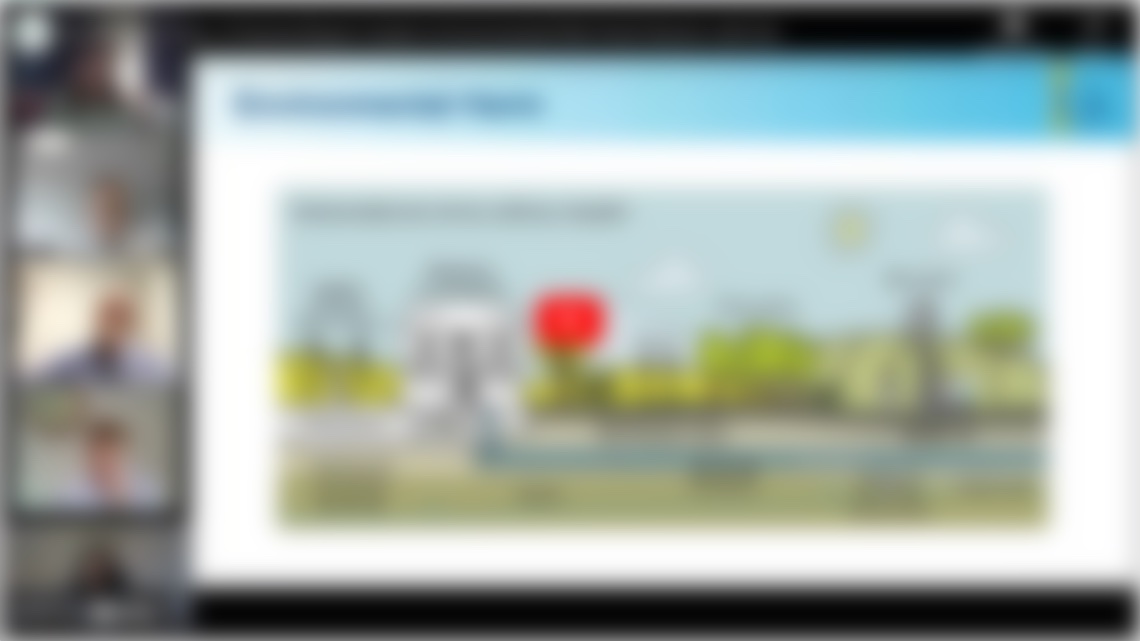The ERM framework sets out a consistent approach to the management of risk within the organisation which is integrated with business processes as well as providing independent oversight to assure performance.
Best practice ERM provides insights and control around top risks which could impact an organisation’s strategic and operational objectives.
Whilst compliance and assurance are prerequisites of governance, an ERM approach goes beyond these to enable directors, managers and staff to determine the acceptability of risk and the management approaches to ensure courses of action do not undermine stakeholder value.
Risks can arise from a multitude of sources, some internal and some external, and organisations need to have confidence on the risks they face and resilience for emerging risks and unforeseen disruptions. The Covid-19 pandemic and recent geo-political events have shown the importance of integrated data, foresight and agility of responsive.
By the end of the session, you will be able to:
- Understand the key elements of ISO31000 and COSO
- Be aware of a typical ERM framework and its key components
- Identify the importance of people and culture
- Appreciate the need for data and systems
Speaker - David Stark, UK Specialty Advisory Leader & Global Enterprise Risk Steward, Marsh

